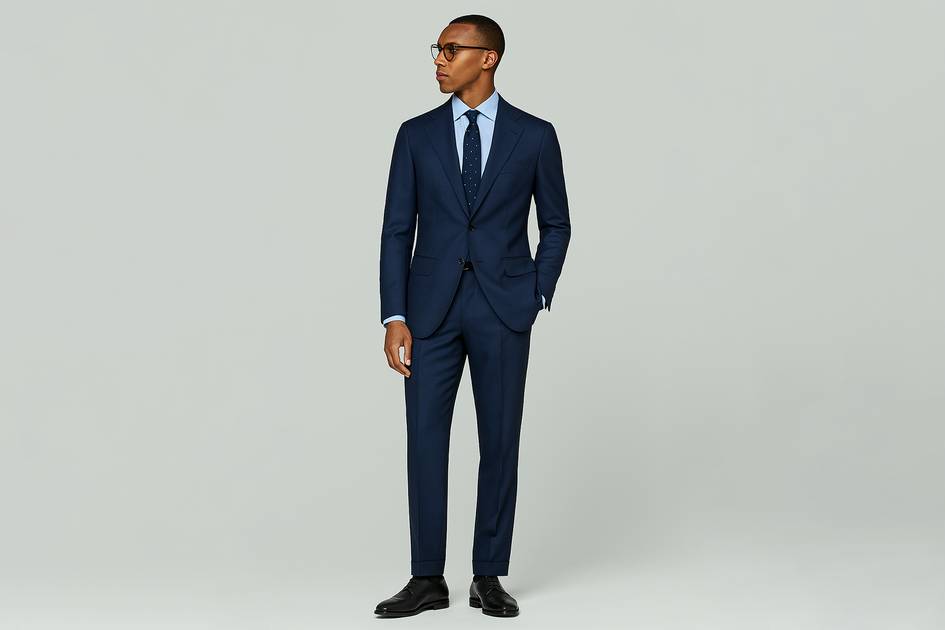What will shopping for fashion look like 25 years from now? According to Nikki Baird, vice president of strategy and product at Aptos, the future is all about hyper-personalized, tech-enabled experiences. In an exclusive interview with WWD, Baird envisions a world where AI-powered personal assistants revolutionize the way consumers shop, decide and engage with fashion.
This is part two of a two-part series.
Ooh, 25 years from now I will be retired and no one will be able to come and hold me accountable for this. Here’s a fashion-buying future:
My personal assistant — AI agent — says I have our customer conference next week and here are three options for what I can wear for the three days of the conference, and they’re already optimized to my preferences for not having to check a bag, etc.
I say I like option number two, but I’ve worn that blouse to a lot of conferences; can it see if there’s anything out there that builds on the latest trends that I might like? It will know my price and fit preferences already.
It shows me three options on my personal avatar so I can get a 360-degree view. It will give me trade-offs in terms of price, speed of delivery or risk of not getting it in time and any additional benefits, such as this retailer is offering double points, or this purchase will move me up in loyalty tiers.
I select an option and my assistant buys the item for me, selecting the right shipping speed, possibly negotiating a better price with the retailer based on coupon codes it has found on the internet and then putting the expected delivery date/time on my calendar along with my finalized packing list, with a reminder for when I need to pack for the trip.
N.B.: My personal assistant — AI agent — puts together recommended outfits every day based on the inventory in my closet, the expected weather and the things that are on my calendar. “You can’t wear a T-shirt today, you are doing a video call with a customer.” It keeps track of the frequency that I wear things so that I rotate through my closet more thoroughly than just grabbing the well-worn [favorite].
Regardless, I have a pair of jeans that are showing some wear at the knees and the pockets, so I tell my assistant to find me a replacement pair of jeans. It shows me three options on my personal avatar, with the appropriate trade-offs explained in the previous scenario relating to price, delivery speed and other considerations.
I select an option and my assistant buys it for me. When it schedules the notification of when the package will arrive, it also recommends the best way to recycle my old jeans.
WWD: What about inspirations from other sources?
N.B.: OK, in this scenario I’m streaming the latest season of my favorite show. One of the characters is wearing a really cool jacket that I love.
I point my phone at the screen and capture the image of the jacket. My AI assistant finds out if that jacket is available off the shelf or if there are others that are close approximations, and it recommends which one is “best” based on the history of my interactions and preferences.
I pick the right one and my assistant secures it for me and tells me when to expect it.
Note that in none of these future scenarios does a brand advertise to me. I think in all the excitement about AI agents and the future of search, I don’t think that retailers and brands have really thought through the fact that consumers could just as easily end up with their own agents that can disintermediate brands from putting their full value proposition in front of the consumer.













